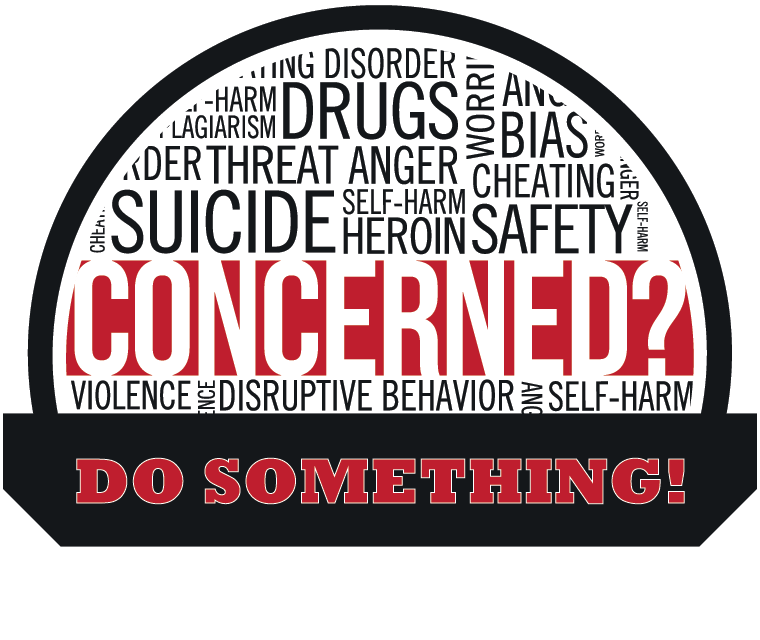What is Restorative Justice?
Restorative Justice (RJ) is a set of principles and practices inspired by indigenous traditions used to build community, address harm, and aid in healing. RJ often leads to a positive transformation of people, relationships, and communities. The Division of Student Affairs at Rutgers University—New Brunswick offers a variety of RJ practices and processes. Please explore our website for more information about restorative justice, and the facilitators and student leads connected to this work. Click here to learn more about the services we offer at Rutgers. Click here to request services.
Check out our impact:
Build and Strengthen Relationships
The more time and intention we invest in one another, the less conflict and harm that will arise. At Rutgers, we offer restorative practices that support relationships within various communities across campus. If you would like to work with us to facilitate community building on your team, in your class, department, program, or organization, please click below to learn more.
Respond to Harm and Conflict
When disagreements or conflicts arise and cause harm, there is a voluntary restorative process that Rutgers offers to address things in a non-punitive way called a restorative justice (RJ) conference. Click below to learn more.
Support Re-entry
When students, are apart from their community for a period of time, a circle of support and accountability (CoSA) is a process offered to assist them in being reintegrated back into their community. This can be beneficial for someone who took a leave of absence, was suspended, or navigated any other transition. Click below to learn more.
Workshops and Trainings
We hope to foster an environment in which all members of the Rutgers community engage restoratively with one another. Click below for more information about how we can support you with restorative, educational, and interactive workshops and trainings.
Consultation
If you’re unsure where to start, we are happy to have a consultation with you. Click below to connect with us.
Land Acknowledgement
We acknowledge that the land on which we stand is the ancestral territory of the Lenape People. Click below to learn more.
Resources
If you are interested in deepening your knowledge of restorative practices and restorative justice, consider exploring the resources linked below..
Meet the Team
Get to know the Restorative Practices Program, including staff, restorative practices facilitators, and our wonderful campus partners.
Following a restorative process, involved students are asked to provide feedback. See below for some quotes.
Responsible Party Quotes:
- “The explorations of my and [the other party’s] perspectives were done very well; I was shocked at times to hear things I had never even thought of.”
- “The agreement process was very well done; it showed me a game plan that I could follow to alleviate the harm done to [the other party] and to better myself.”
- “This process was very nurturing and definitely helped me grow as a person. Overall, this experience definitely helped mend this relationship.”
Impacted Party Quotes:
- The process “provided me with a sense of relief that an effort will be made to better the situation.”
- The process “allowed me to receive an insight on the situation and motive behind the actions made.”
- “I have had nothing but a positive experience going through this process. The time was taken to make sure that I was heard/seen, and that my feelings were valid.”
- “I appreciated the time put into this by my facilitators. They made this extremely easy to deal with."

